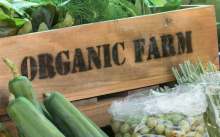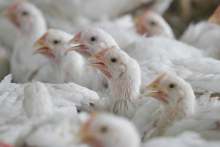The announcement of a general election in May seemed to take the Department for Food and Rural Affairs (DEFRA) and the Food Standards Agency (FSA) by surprise.
These government agencies had been planning the next stage of the removal of safeguards from a subset of genetically modified organisms (GMOs), which would undo protections that were previously put in place to limit potential harmful impacts of GMOs.
They seemed confident that the secondary legislation they were drafting would sail through parliament in the wake of the 2023 Genetic Technology (Precision Breeding) Act with the wind behind it, continuing to deregulate GMO use.
Deregulation of GMOs in the UK possible
If the new rules had gone through, unlabelled and untraceable GMOs could have been landing on a plate near you as early as 2025.
The way the plans were shaping up would have – and still could – spell disaster for issues ranging from animal testing and organics to farmers’ incomes and devolved nation sovereignty, with consumer choice getting well and truly squished in the process.
Furthermore, there would be no independent safety testing of the GMOs – it would all be conducted by the companies that are developing the products.
Take action to avoid unlabelled GMOs in the food chain
Many of the problems could be addressed by labelling and traceability.
The new UK government has the opportunity to redirect the ship; to chart a new course that is economically responsible and respectful of the choices of consumers and the Scottish and Welsh parliaments. As MPs take their seats after their summer break, send a message to your MP that we have a right to know if we are eating GMOs. You will find inspiration for possible issues to raise in this article.
Time and again consultations have found that consumers do not want unlabelled GMOs in the food chain. (For example, FSA consultations in 2021 and 2023). Retailers know this, but soon they may no longer be able to give their customers the information that they want. We also need to make it clear to retailers that now is the time to act to exert political pressure in defence of the wishes of their customers.





